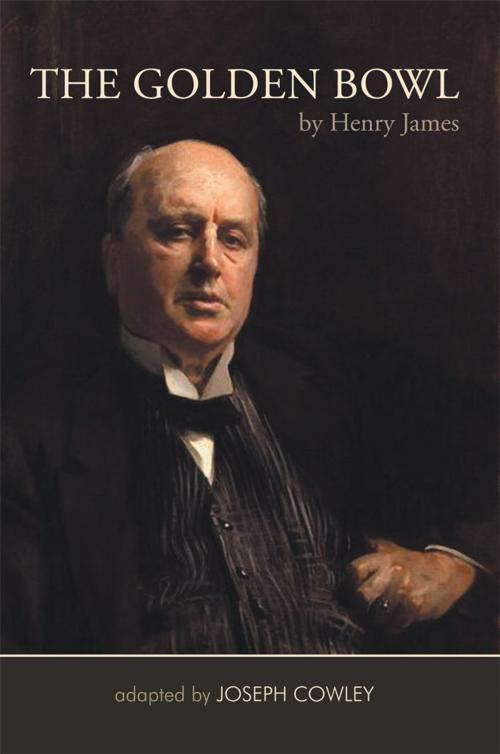| Author: | Henry James | ISBN: | 9781481777322 |
| Publisher: | AuthorHouse | Publication: | July 23, 2013 |
| Imprint: | AuthorHouse | Language: | English |
| Author: | Henry James |
| ISBN: | 9781481777322 |
| Publisher: | AuthorHouse |
| Publication: | July 23, 2013 |
| Imprint: | AuthorHouse |
| Language: | English |
Henry James was born in the United States, in New York City, on April 15, 1843 and is considered an American writer, though he spent most of his life in England and, a year before his death in London on February 28 1916, became a British citizen. He is regarded as one of the key literary figures of the 19th century, writing mainly narrative fiction. He influenced many other writers, most notably Edith Wharton. James was the son of Henry James, Sr., a well-known intellectual of his day, and the brother of the philosopher and psychologist William James. Henry is known especially for the novels in which he portrays Americans encountering Europe and Europeans. His style of writing, often verbose and indirect, especially in his later years, can make him difficult to read. Often, too, he often writes from the point of view of characters within a tale, exploring issues related to consciousness and perception. James contributed significantly to literary criticism, especially in his later years when his works were republished with extensive introductions by James. He insisted that writers be allowed the greatest freedom in their writing, and that narrative fiction be true to life, giving readers a view of life that is recognizable. He felt that the only way to judge whether a novel or story is good or bad is by whether the author is good or bad. His imaginative use of point of view, interior monologue, and narrators who were not necessarily reliable, brought depth and interest to his fiction. The Golden Bowl (1904), his most difficult book, was influenced by his play-writing experience, the story told mostly through dialogue. James was a prolific writer. In addition to fiction he published articles, books of travel, autobiography, biography, criticism, and plays. Among his masterpieces are Daisy Miller (1879, The Portrait of a Lady (1881), The Bostonians (1886), What Maisie Knew (1897), The Wings of the Dove (1902), and The Ambassadors (1903). His best known novellas are Washington Square (1881), and The Turn of the Screw (1898).
Henry James was born in the United States, in New York City, on April 15, 1843 and is considered an American writer, though he spent most of his life in England and, a year before his death in London on February 28 1916, became a British citizen. He is regarded as one of the key literary figures of the 19th century, writing mainly narrative fiction. He influenced many other writers, most notably Edith Wharton. James was the son of Henry James, Sr., a well-known intellectual of his day, and the brother of the philosopher and psychologist William James. Henry is known especially for the novels in which he portrays Americans encountering Europe and Europeans. His style of writing, often verbose and indirect, especially in his later years, can make him difficult to read. Often, too, he often writes from the point of view of characters within a tale, exploring issues related to consciousness and perception. James contributed significantly to literary criticism, especially in his later years when his works were republished with extensive introductions by James. He insisted that writers be allowed the greatest freedom in their writing, and that narrative fiction be true to life, giving readers a view of life that is recognizable. He felt that the only way to judge whether a novel or story is good or bad is by whether the author is good or bad. His imaginative use of point of view, interior monologue, and narrators who were not necessarily reliable, brought depth and interest to his fiction. The Golden Bowl (1904), his most difficult book, was influenced by his play-writing experience, the story told mostly through dialogue. James was a prolific writer. In addition to fiction he published articles, books of travel, autobiography, biography, criticism, and plays. Among his masterpieces are Daisy Miller (1879, The Portrait of a Lady (1881), The Bostonians (1886), What Maisie Knew (1897), The Wings of the Dove (1902), and The Ambassadors (1903). His best known novellas are Washington Square (1881), and The Turn of the Screw (1898).















